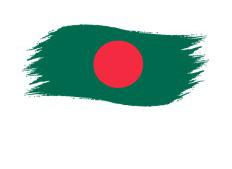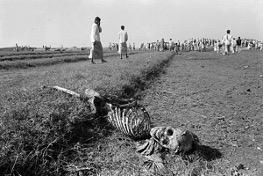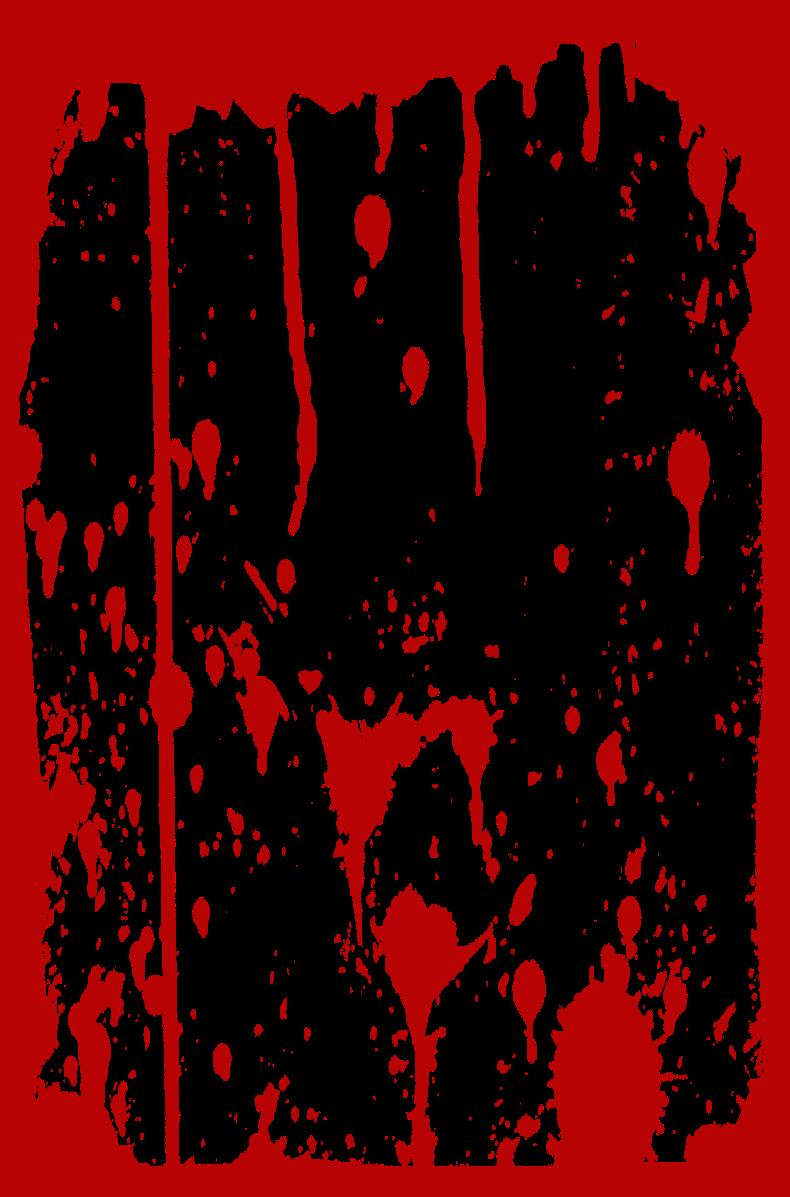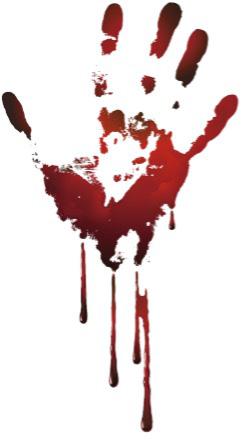Operation Searchlight

“Kill three million of them and the rest will eat of our hands”
-Agha Muhammad Yahya Khan



“Kill three million of them and the rest will eat of our hands”
-Agha Muhammad Yahya Khan

Operation Searchlight was a military operation launched by the Pakistani Army on March 25, 1971, in what was then East Pakistan (now Bangladesh). The operation was part of a larger effort by the Pakistani government to suppress the growing movement for independence in East Pakistan. Under the operation, the Pakistani Army targeted Bengali nationalists, intellectuals, students, and civilians who were suspected of supporting the independence movement. The army launched a massive crackdown, arresting and killing thousands of people, including politicians, journalists, and members of civil society.

The operation began at midnight on March 25, with the army conducting simultaneous attacks on key targets across the region. The attacks were brutal, with the army using tanks, heavy artillery, and indiscriminate violence against civilians. The operation resulted in widespread violence and human rights abuses, including mass killings, rape, and torture. The Government of Bangladesh states 3 million people were killed during the genocide, making it the largest genocide since the Holocaust during World War II.




Human remains and war material from the 1971 genocide at the Liberation War Museum,Dhaka,Bangladesh.


Operation Searchlight was a significant event in the history of Bangladesh, as it marked the beginning of a brutal military crackdown on the people of East Pakistan by the Pakistani Army. The atrocities committed during the operation, including the mass killing of Bengali nationalists and intellectuals, galvanized support for the independence movement within Bangladesh and around the world.

This led to the formation of the Mukti Bahini, the Bangladeshi resistance movement that fought against Pakistani forces during the war, and drew international attention and condemnation, resulting in increased international recognition and support for the independence movement in Bangladesh. Ultimately, the Bangladesh Liberation War, which began with Operation Searchlight, resulted in the establishment of an independent Bangladesh in December 1971.


Mukti Bahini posters, one referencing Skeikh Mujibur Rahman’s 7 March speech and calling all Bengali Muslims,Christians, Buddhists and Hindus to unite as one nation.

A monument dedicated to Operation Searchlight and the Bangladesh Liberation War would serve as a reminder of the sacrifices made by those who fought for freedom and independence in Bangladesh. It would also honor the memory of the innocent victims who lost their lives during the operation and the war. Furthermore, such a monument could serve as a symbol of hope, resilience, and unity for the people of Bangladesh, reminding them of their history and inspiring them to continue working towards a brighter future for their country.

The monument would be called “The Flower of Bengal”. The Flower of Bengal could be a large, sculptural representation of a blooming lotus, made of metal or stone. The petals of the flower could be intricately crafted to resemble the delicate folds of a real lotus, with a naturalistic texture and color. In each of the petals it would have the names of the martyrs. The lotus would be floating on the water and it would be opening for 9 months starting from 25th March and fully blossom on 16th December each year.

Here is the top view on what the sculpture would look like in a park:

This sculpture is specifically inspired from the national emblem of Bangladesh.

The best place to put the monument would be at the Mason Pond. It could be located at the edge of the pond, surrounded by a garden or park area. The monument could be situated on a raised platform or pedestal, which would elevate it and make it more visible. The platform could be made of a contrasting material such as concrete and could be adorned with inscriptions or engravings detailing the significance of the monument.

The second location would be in capital city of Bangladesh, Dhaka This is because the genocide began in the capital, Dhaka, on March 25, 1971.





